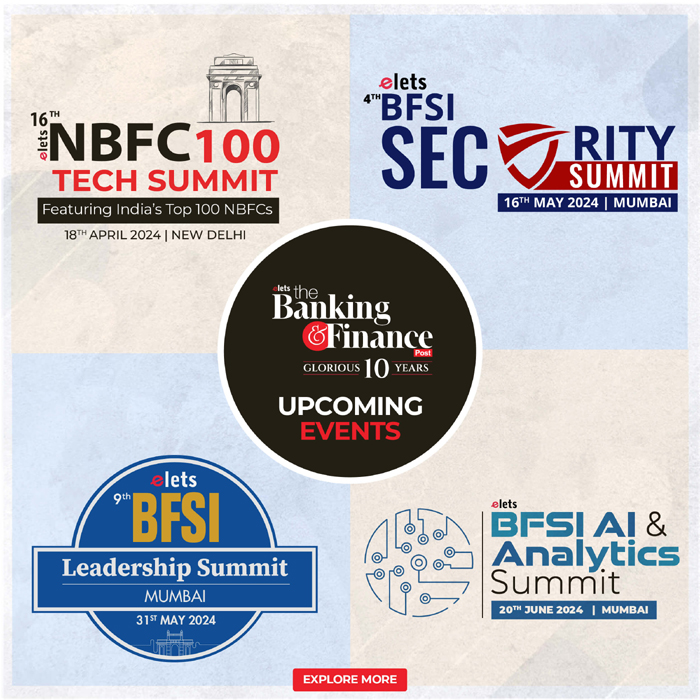Fast-moving consumer goods (FMCG) market teems with the products that are sold quickly and at comparatively low costs to attract more consumers. Due to high demand and shorter shelf-lives, they are sold more frequently and have a high turnover. It appears insurance companies have decided to employ this technique to bolster their muted sales and low penetration in India.
A number of insurers and intermediaries have helped in acquainting the people of the country with life and non-life insurance covers with bite-sized premiums. Not to be confused with micro insurance, the process for these are largely digital and do not require medical tests or proposal forms, and the overall documentation required for underwriting is minimal, making them ideal to target first-time buyers on digital platforms.
Addressing the need-gaps and customer expectations
The products not only address the need-gaps among under-insured consumers, but also those of insurance companies, catering to the needs that remained unmet by traditional insurance covers that are high-cost. Bite-sized insurance products have been able to bring personalization to an otherwise low-interaction industry. Round-the-clock access, competitive prices, and good quality have made these products all the more attractive to customers.
Also Read: Three Ways Covid-19 Is Changing the Insurance Industry
Companies have been selling a wide range of risk-reduction products such as credit card protection, cycle theft, personal accidents, flight delays, personal accidents, and cyber security plans, etc., at premiums as low as INR 20. While some have obtained licenses to sell these products from the IRDAI, others enter partnerships with traditional insurance companies to co-create and sell them. Giants, especially, Max Bupa and Edelweiss Tokio have collaborated with Mobikwik recently to offer coverage for vector-borne diseases and term insurance plans, respectively.
With bite-sized plans, underwriting does not involve an assessment of risk and exposure of the policy holder to arrive at a premium; all customers are offered the same premium amount. These plans, therefore, offer one-click solutions to young people who are often hesitant to avail insurance due to extensive paperwork or costs. Such plans also allow them to address seasonal or specific needs, without having to pay large premiums over longer durations. Furthermore, a collection of bite-sized products have allowed insurers to provide an ecosystem of products customisable to individual needs.
Scope for growth
By the end of 2019, Max Bupa sold close to 100 HospiCashpolicies daily, Mobikwik sold nearly 5 lakh policies and collected a premium of INR 4 crore, Toffee Insurance sold 1 lakh policies having a premium value of INR 3 crore, while Digit Insurance sold 2 lakh mobile insurance policies since the policy’s launch in June 2019.
Since the insurance market of the future will be driven by technology, these products have not only been the sector’s necessary foray into greater use of technology, it will also determine the direction it will take. The industry expects $50 billion gross written premiums in India by 2023 against the expected $280 billion gross written premium overall. Funding in the insure-tech spaces went up from USD 91.89 million in 2018 to USD 252.36 million in 2019.
The industry is still in its nascent stages, and distribution and renewal remain challenges, with little awareness among customers that some of the available products exist. Distribution channels and agents are sometimes hesitant to push these products given the low premiums. Furthermore, since bite-sized insurance is sold through group platforms, their long-term pricing and availability is uncertain.
At the same time, there is significant innovation in the sector. Insurtech companies are selling their products to other insurance companies, and not just to consumers. For instance, SymboInsurance’s point of sale platform provides efficient recruitment and onboarding, and allows agents to sell insurance and seamlessly service their clients, reducing costs and increasing incentive.
The effect of COVID-19
Low-premium COVID-19 covers have given a boost to the sector, with insurers also selling illness-specific insurances such as those for malaria and dengue. The pandemic forced insurers to rely on technology for end-to-end services. Large insurers and insure-techs partnered up to improve distribution and create efficient claims management systems. Insurers have also been providing services beyond insurance, such as e-commerce, mutual funds, etc., to improve customer engagement.
These ecosystems of services have led to richer data on customer behaviour and transactions, allowing the industry to create more targeted products. Some insurers have also begun using blockchains to settle claims automatically after an event occurs.
Gateway to long-term coverage
Demand for personalised insurance is only set to grow. However, while bite-sized insurance is convenient and economic, it is not a long-term substitute for comprehensive insurance. Most bite-sized insurance covers are very specific and will not be of use for ailments or needs outside of their limited scope. People with pre-existing conditions or higher risks will find such insurance unsuited to their needs.
The greatest benefit of such sachet insurance products has been that it has introduced young people to the concept of insurance, and has bolstered interest in the sector. Insurance providers hope that under-insured customers will come back and buy larger products after having experienced the smaller offerings. Small-sized products have also improved penetration and accessibility, with companies such as PhonePe, Flipkart, and Paytm also offering bite-sized insurance through their platforms.
Views expressed in this article are the personal opinion of Ashwin Arora, Co-Founder and Vice President at DigiSafe and Mallikarjun Kukunuri, Founder and Director at DigiSafe.
Elets The Banking and Finance Post Magazine has carved out a niche for itself in the crowded market with exclusive & unique content. Get in-depth insights on trend-setting innovations & transformation in the BFSI sector. Best offers for Print + Digital issues! Subscribe here➔ www.eletsonline.com/subscription/




















